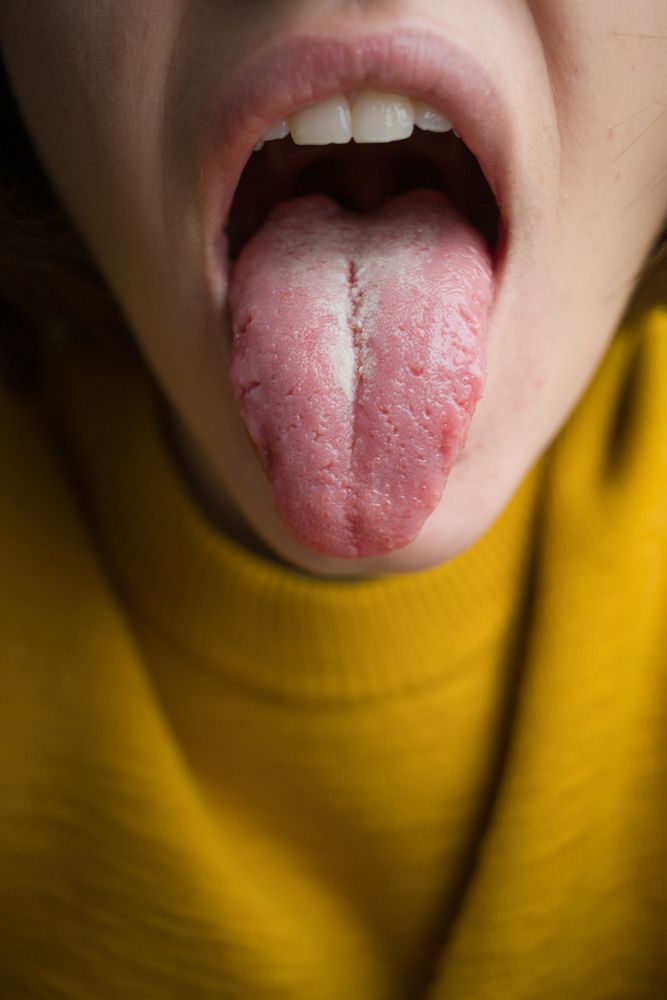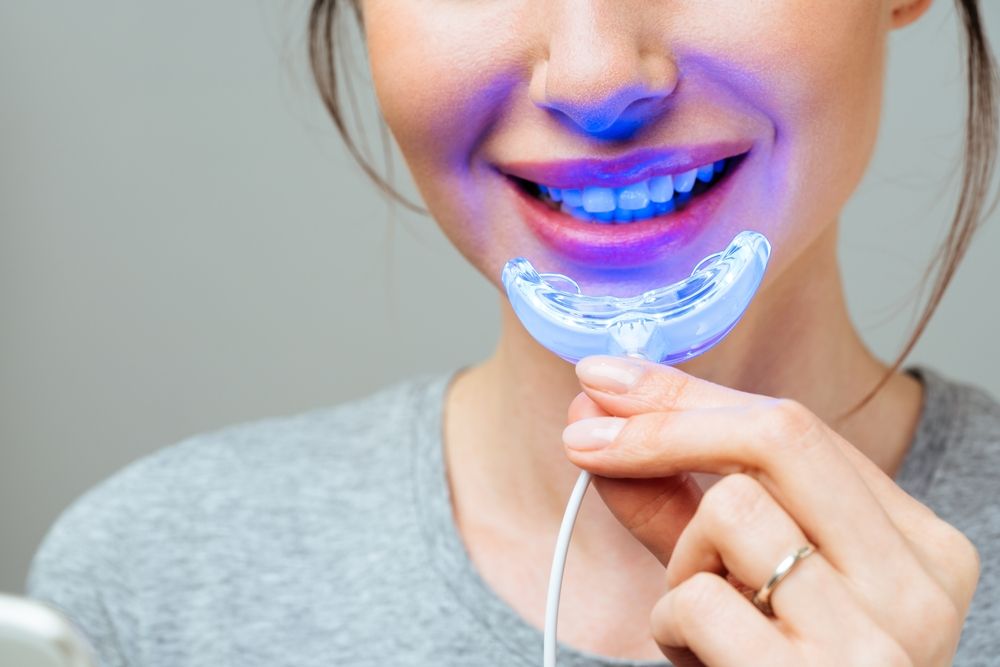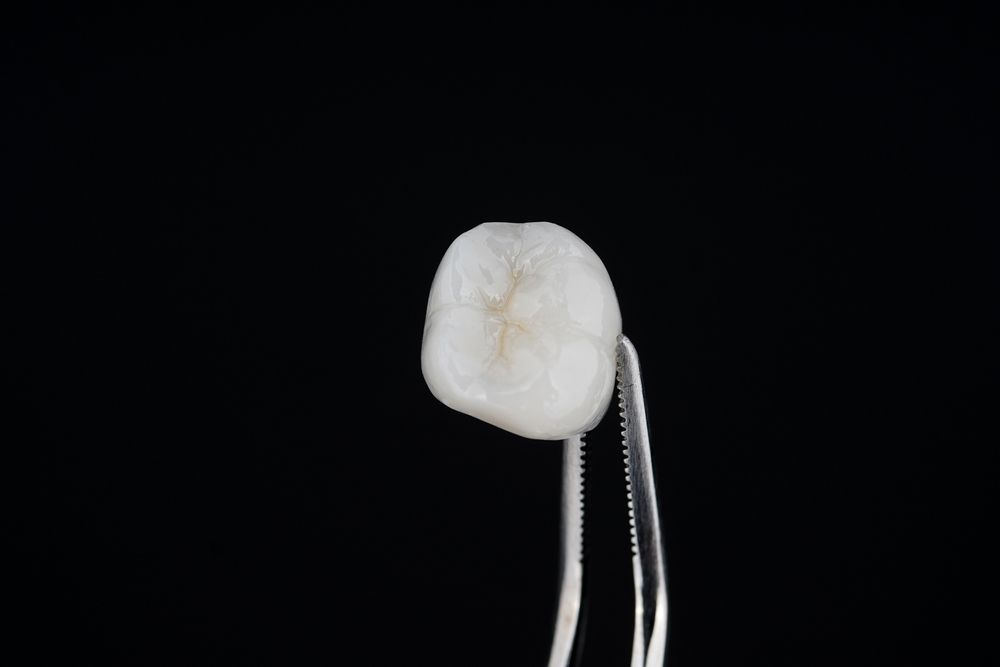Dentures provide a fantastic solution for those who have lost their natural teeth, restoring both function and aesthetics. However, maintaining good oral hygiene with dentures requires specific care to ensure your mouth stays healthy and your dentures remain in good condition. Here’s a comprehensive guide on oral hygiene for people with dentures.
1. Clean Your Dentures Daily
Just like natural teeth, dentures need to be cleaned every day to remove food particles, plaque, and bacteria. Here’s how you can effectively clean your dentures:
- Rinse and Brush: After eating, remove and rinse your dentures with water to eliminate food debris. Brush your dentures at least once a day using a soft-bristle toothbrush and a non-abrasive denture cleaner. Avoid using regular toothpaste, as it can be too harsh and cause scratches.
- Soak Overnight: Dentures need to stay moist to retain their shape. Soak them in a denture-cleaning solution overnight. Always follow the manufacturer’s instructions for soaking.
- Handle with Care: When cleaning your dentures, do it over a folded towel or a sink filled with water to avoid breaking them if they accidentally slip from your hands.
2. Maintain Good Oral Hygiene
Even if you have full dentures, it’s crucial to maintain good oral hygiene for the health of your gums and any remaining natural teeth:
- Brush Your Gums: Gently brush your gums, tongue, and palate every morning before putting in your dentures. This removes plaque and stimulates circulation in your tissues.
- Use Mouthwash: Rinse your mouth with an antimicrobial mouthwash to help reduce bacteria and maintain oral hygiene.
- Stay Hydrated: Dry mouth can be a common issue for denture wearers, which can lead to discomfort and increased risk of infection. Drink plenty of water throughout the day to keep your mouth moist.
3. Regular Dental Check-ups
Regular dental visits are essential, even if you no longer have natural teeth. Your dentist will check the fit of your dentures and examine your mouth for any signs of gum disease, infections, or other issues:
- Adjustments: Over time, your mouth changes shape, and your dentures may need adjustments or relining to ensure a proper fit.
- Oral Health Monitoring: Regular check-ups help in early detection of oral conditions, ensuring prompt treatment and maintaining overall oral health.
4. Handle Dentures Properly
Proper handling of dentures is vital to prevent damage and ensure longevity:
- Avoid Hot Water: Do not expose your dentures to hot water, as it can warp them.
- Store Safely: When not in use, store your dentures in a safe place where they are unlikely to be knocked over or damaged.
- Be Cautious with Adhesives: Use denture adhesives as directed by your dentist, but do not rely on them to compensate for poorly fitting dentures.
5. Dietary Considerations
Adjusting your diet can help make wearing dentures more comfortable:
- Cut Food into Small Pieces: Cut tough or crunchy foods into smaller, more manageable pieces.
- Avoid Sticky Foods: Sticky or hard foods can damage dentures or cause them to shift out of place.
- Balanced Diet: Maintain a balanced diet to ensure your gums and any remaining teeth stay healthy.
6. Recognize Signs of Trouble
Being aware of potential problems and addressing them promptly can prevent more serious issues:
- Soreness or Irritation: If you experience persistent soreness or irritation, see your dentist. It could indicate that your dentures need adjusting.
- Difficulty Chewing: Trouble chewing or speaking could mean your dentures are not fitting correctly.
- Bad Breath: Persistent bad breath can be a sign of poor oral hygiene or an infection.
Conclusion
Maintaining good oral hygiene with dentures requires daily care, regular dental visits, and attention to any changes in your mouth. By following these guidelines, you can keep your mouth healthy and enjoy the benefits of your dentures for years to come. Remember, your dentist is a valuable resource for any questions or concerns about your dentures and oral health.






